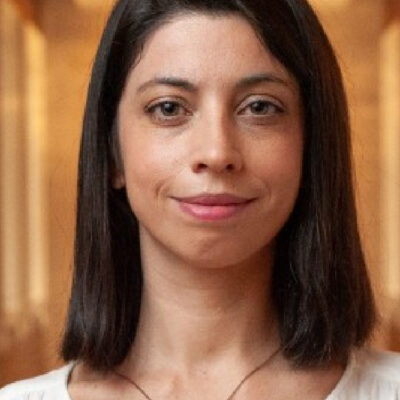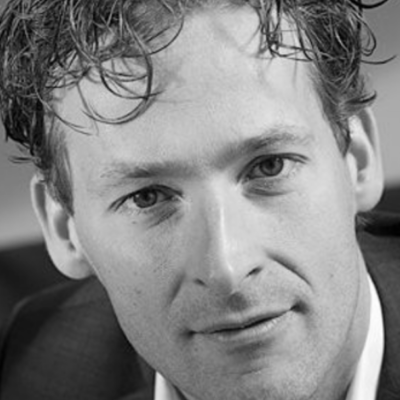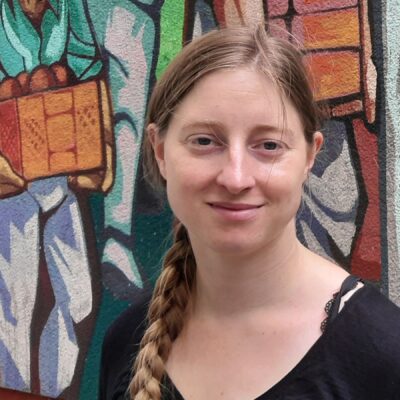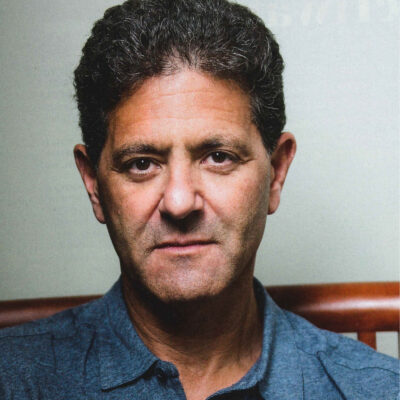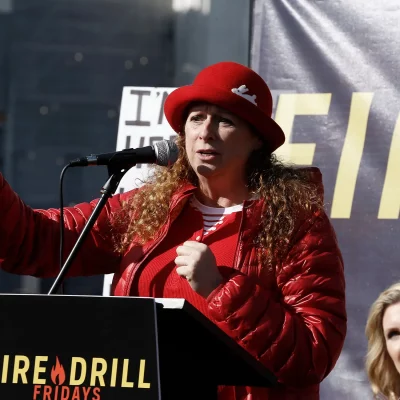

For Humanity
Forbes Billionaire List
2022: There are now more billionaires than ever.
The number of billionaires on Forbes’ 36th annual list of the world’s wealthiest exploded to an unprecedented 2,755 – 660 more than last year. They all have more money than they will ever be able to spend in their lifetime, and which could do so much good if circulated back into society.
The solution is easy: it’s time for a #WealthTax
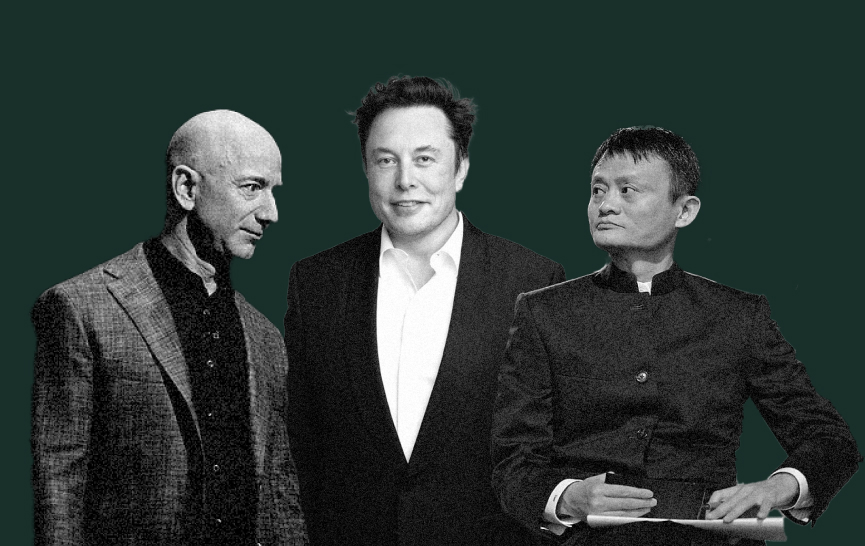

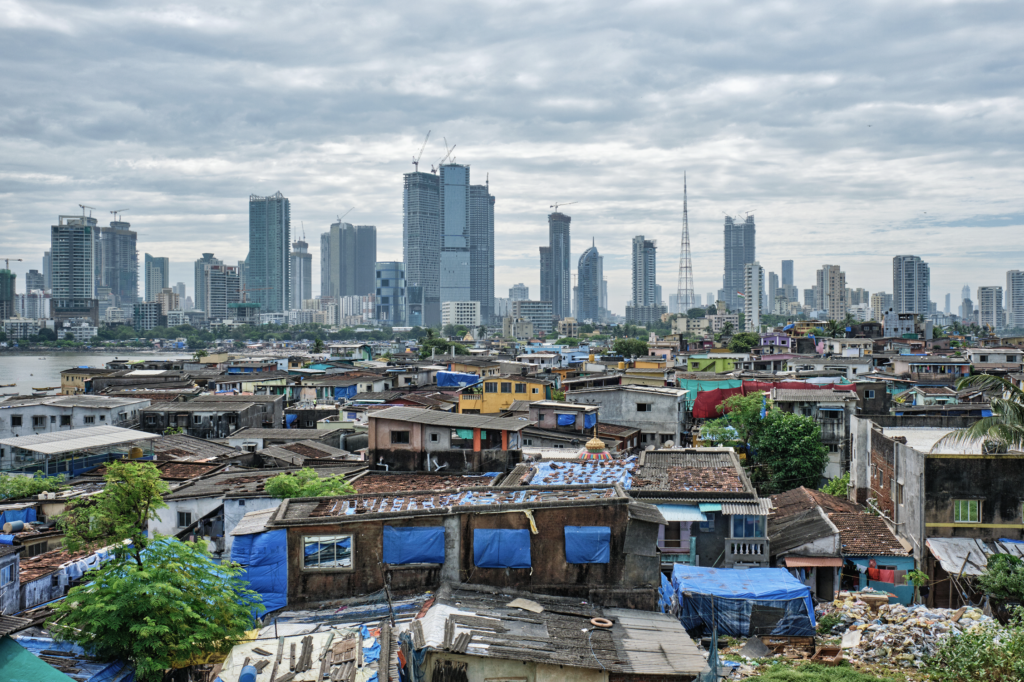

Why did Millionaires
for Humanity start?
We share a vision of a fair and sustainable world. Billions of people remain trapped in poverty, without access to basic services. The COVID-19 crisis has greatly exacerbated these challenges setting back progress towards the Sustainable Development Goals. Inequality is widening, undermining social mobility and social cohesion. The world has entered a critical juncture in which business as usual solutions are not enough.
Driven by values of courage, equality and fairness, we recognise the urgency of now. All of us who have come together as Millionaires for Humanity remain involved in philanthropy and are proud of the contribution that it makes. We see, however, the need to go beyond philanthropy: charity alone no matter how generous and how smart, is not enough.
Meet some of the millionaires who support a wealth tax


‘Millionaires for Humanity’ Sign On Letter
As Covid-19 strikes the world, millionaires like us have a critical role to play in healing our world. No, we are not the ones caring for the sick in intensive care wards. We are not driving the ambulances that will bring the ill to hospitals. We are not restocking grocery store shelves or delivering food door to door. But we do have money, lots of it. Money that is desperately needed now and will continue to be needed in the years ahead, as our world recovers from this crisis.
Testimonials from some of our champions


Currently, there exists an unequal balance in power between the wealthy and the worker, decades of deregulation has led to unsustainable levels of wealth inequality. Wealth collects at the top of society and the notion of trickle-down economics has been proven incorrect. We must work together to bring a progressive tax system for wealth globally.


I inherited my fortune. As such I didn't do anything for it, I was simply lucky in the birth lottery. A wealth tax would do nothing to hurt me, whilst it would play a huge part in securing a more equal society here in Germany. Today, on International Labour Day, we are reminded that the current tax system is flawed - the average worker pays more proportional tax than a billionaire, therefore we advocate for a wealth tax.


The elephant in the room is that governments have it within their power to address all the multiple challenges we are facing by taxing us rich people. But they choose not to do so and tax low-income and middle-income workers instead. Placing the burden on ordinary workers is unjust and missing a golden opportunity to raise the billions we need to tackle the challenges we face


Solidarity concerns us all. Wealth distribution strikes at the heart of democracy. In order to secure the future and jobs for all, it is important to implement a fair tax policy. On International Labor Day, it's timely to remember that there's no such thing as a self-made millionaire. Millionaires only exist on the backs of the labor of others, and on the services and infrastructure paid for by taxes. That needs to be acknowledged, and wealth needs to be taxed.


Julia Sánchez
Tax justice is fundamental for tackling global poverty. And taxing the wealth of the richest people is key to that. When rich people themselves make that case, as Millionaires for Humanity is doing, it makes it harder for leaders to ignore. Let’s do this!


Carlos Lopes
To get out of this crisis we have to break from old orthodoxies. We need to invest in dynamic public services and, as part of that, the wealth of the richest people can no longer be left untaxed. When even millionaires recognise that wealth taxes are needed, and speak out publicly, it makes clear how broad is the movement for a more just and balanced economy, and that the moment is now.
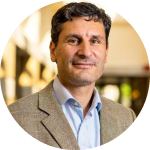

Diego Sánchez-Ancochea
Inequality is one of the challenges of our time. Case after case shows extreme inequality hurts economies, weakens democracies and destabilizes societies. Millionaires for Humanity’s commitment to more just societies, and its call for a new wealth tax is showing us all how to get away from the spiral of inequality and insecurity, and move towards solidarity, justice, shared prosperity and a new world. In the post-COVID world, their agenda is more important than ever.


Gabriel Zucman
We need a new tax – a progressive wealth tax – to strengthen the social contract and to reduce rampant inequality. Campaigns like Millionaires for Humanity are key to enabling this change.


Helen Clark
For the world to meet the Sustainable Development Goals, we’ll need quality universal services and fair taxation. This will require a greater contribution from the people who have prospered the most. It’s a powerful message when even some of the wealthiest people are speaking out, supporting the call for people like them to pay more.
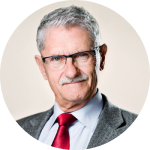

Mogens Lykketoft
We rarely hear people among those with the highest incomes and fortunes request to be allowed to pay more taxes for the common good. But that is what Millionaires for Humanity is all about. It is an appeal for compassion and solidarity. This is why Millionaires for Humanity is such an extremely important initiative.
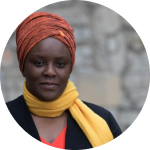

Amanda Khozi Mukwashi
As all the great faith traditions remind us we cannot separate economic issues from ethical ones. We cannot accept extreme poverty in a world of great wealth. To rebuild from our interconnected crises, we will need the rich to contribute more – not only in giving but in tax. Millionaires speaking out in support of taxing people like them can help leaders understand that tax justice is a cause for all.
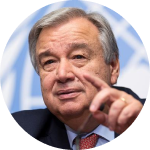

António Guterres
We are seeing some of the richest men [and women] in the world saying that they are not paying enough taxes – that it is totally unfair. So, some rich people are understanding that this is becoming dangerous for everyone. That inequality brings instability, which is dangerous to everyone
Who we are
Millionaires for Humanity is a collaboration of a group of high-net-worth individuals committed to going beyond philanthropy. We advocate for the systemic change needed to meet the Sustainable Development Goals. We are based across the world.
Our work is guided by an advisory board of international experts. Our secretariat is hosted by Human Act, a foundation based in Copenhagen and registered under Danish law. You can find out more about Human Act, here
Meet the Millionaires for Humanity here
Meet the founder of Millionaires for Humanity here
See the Millionaires for Humanity brief
Article database about wealth taxes from around the world brief







